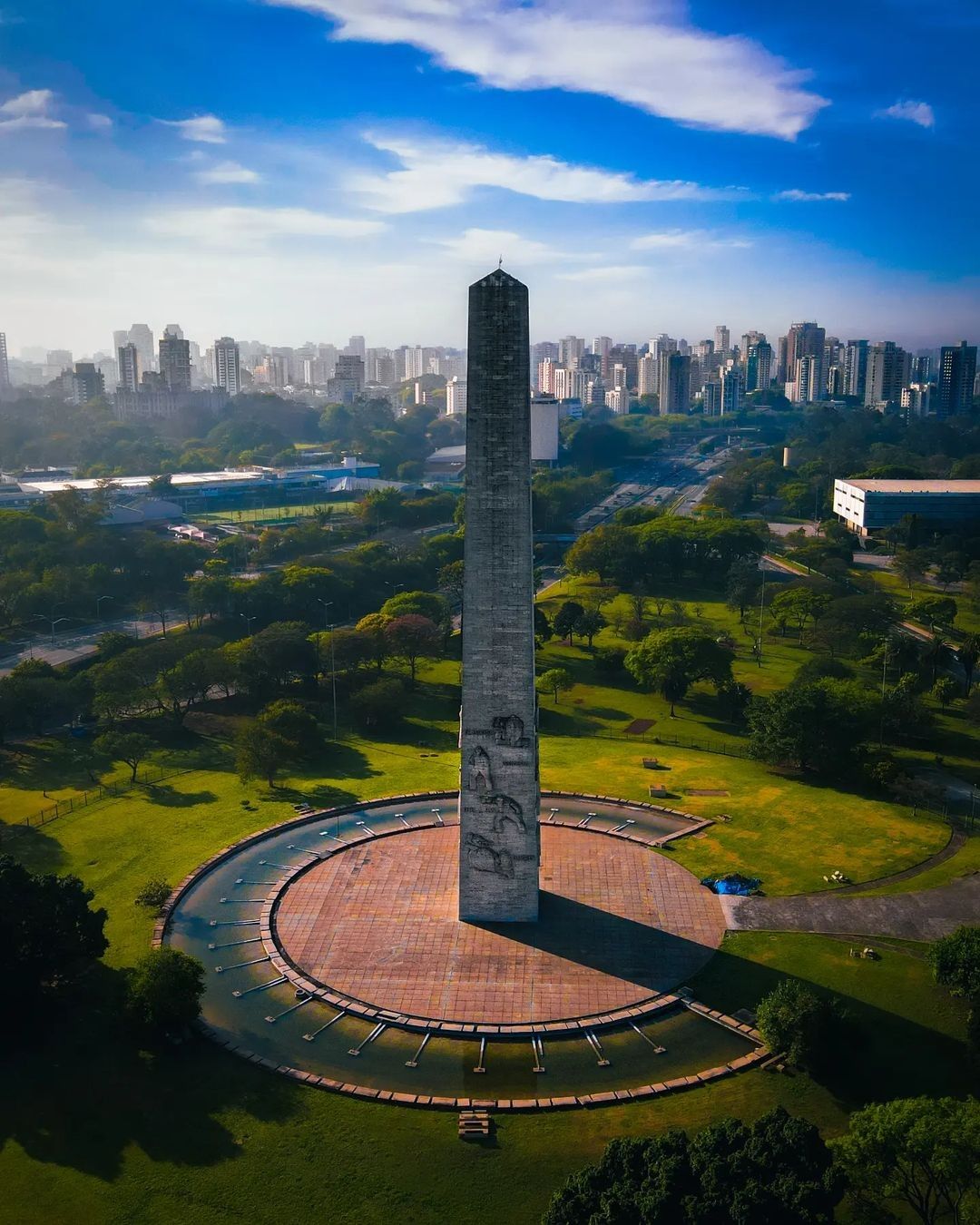We still use language from the Cold War to describe a world that no longer exists. First World. Third World. The terminology implies a hierarchy that made sense in 1975 but has little to do with how millions of people actually live today.
The Moment I Knew
When we first moved into our apartment abroad, I stood in the shower and realized something simple but startling — the water never ran cold. On-demand hot water. I laughed out loud. This wasn’t a downgrade; it was an upgrade.
Moving has so many details that you don’t really notice everything you’re getting right away. But once we settled in, it became impossible to ignore. Our three-bedroom, four-bathroom apartment in a modern tower cost $1,000 a month. It was walking distance to a school we loved, with a pool, party rooms, a movie theater, and outdoor rec areas. Back in the U.S., we couldn’t have afforded half of that. Clean, tree-lined streets. Kids playing safely outside. A neighbor who baked bread and sold it warm from his car. The furniture store that delivered our couch, carried it upstairs, and installed it in our living room at no extra charge. A teacher who grabbed her student after he won musical chairs, hoisted him onto her shoulders, and jumped around celebrating his victory like he’d won Olympic gold.
A friend once told me that the moment he realized he could build a life abroad was when he stood in the olive oil aisle at a grocery store. “The entire aisle was dedicated to olive oil — every brand and variety you could imagine. That’s when I knew we’d be okay.” It’s a funny story, but it captures something real: comfort isn’t just about money or geography — it’s about familiarity, safety, and ease.
The Image That Refuses to Die
For decades, we were taught to see the world in tiers. The U.S. and Western Europe were the modern, safe, comfortable ones. The rest? Dirt roads, donkeys, chickens in the streets. That image stuck in our collective imagination long after the reality changed.
The truth is, over the last 20 to 40 years, much of Latin America has transformed. What I’m talking about here is middle-class urban life — the kind of existence most Americans think can only happen in the U.S. or Europe. Cities like Mexico City, Panama City, Medellín, São Paulo, and Buenos Aires have infrastructure, public spaces, and daily conveniences that rival or exceed what you’d find in many American suburbs. You can have groceries delivered in minutes, work from a stylish co-working space, or enjoy a dinner that rivals anything in New York or Paris — at a fraction of the price.
Why We’re Still Looking Backward
Why do perceptions lag so far behind reality? Partly because American media rarely covers the rest of the world unless something goes wrong. The message, subtle but constant, is that viewers already have the best of everything — no need to look elsewhere. And so the outdated images persist, even as the world moves on without us noticing.
“But Isn’t It Dangerous?”
When someone asks, “Isn’t it dangerous?” I understand the question. Crime exists. Poverty exists. But so do Detroit, Baltimore, and parts of Los Angeles. So do tent cities in Seattle and San Francisco. The difference is we’ve learned to contextualize problems at home — to say “avoid that neighborhood” or “don’t leave your car unlocked.” We allow American cities to be complex. We should extend the same courtesy to the rest of the world.
Here’s what surprised me most: it’s not that life abroad is exactly like life in the U.S. It’s that in many ways, it’s better — not because it’s more Western, but because it’s more human. More connected. People aren’t trying to replicate the American model; they’ve built something that works on their own terms. And many of us in the U.S. are still operating under the assumption that our way is the only acceptable option, that you can’t live a good life outside of it.
That assumption has been wrong for decades.
I think of the glass-windowed buildings that surprised my mother-in-law. The sound of children laughing in spotless parks. The hot water that never ran out. The teacher celebrating a six-year-old’s win like it was the World Cup.
The world changed. Our assumptions haven’t.

